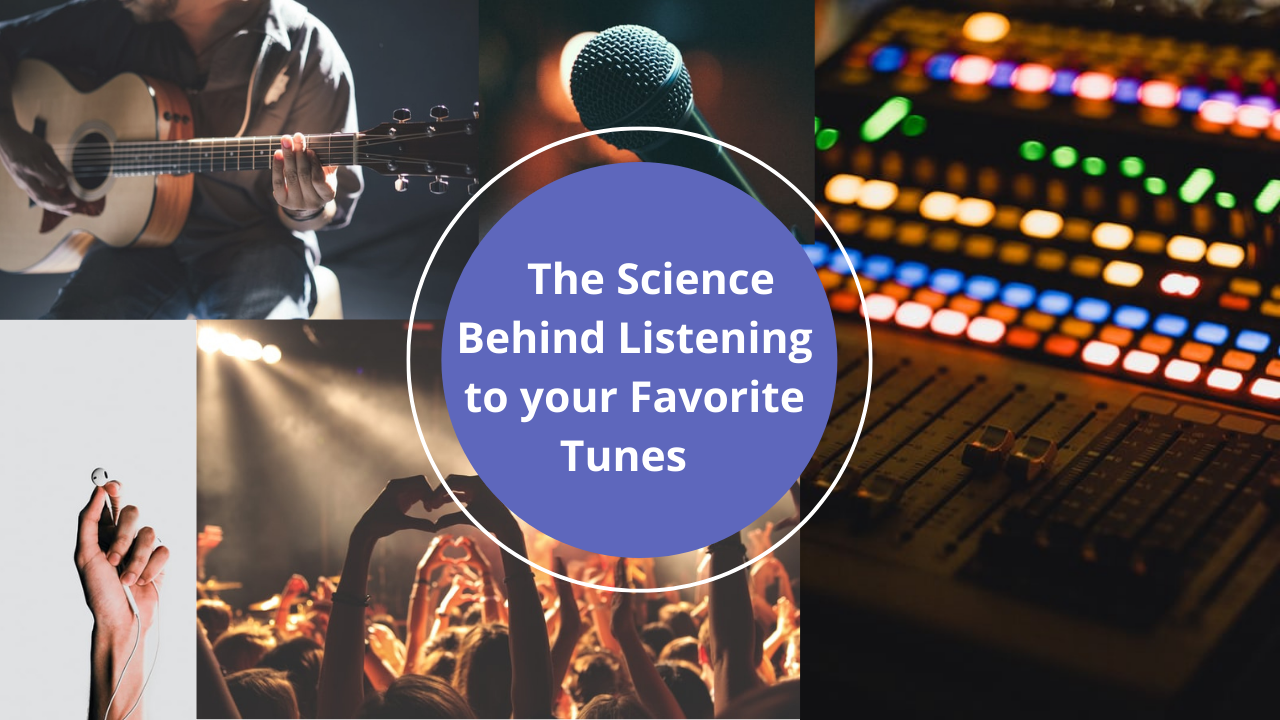Listening to music has been a favorite pastime throughout human history, and high school students are no exception. The existence of music has been traced back to 250,000 years ago, and it has evolved in many ways to get to where it is to today. Northwood students are frequently listening to music between classes or while completing assignments. Other than offering a nice distraction, music offers many other benefits to students and anyone who listens to it.
“I find myself listening to music most when I am studying or doing homework,” senior Jennifer Miskow says. “I find that it keeps my attention on my schoolwork as opposed to my phone.”
When people listen to a song a couple of times, they start to memorize the lyrics effortlessly. Music has also been found to help people remember memories from their past. When patients with memory loss listen to a song they used to listen to, they often remember the song lyrics, possibly because music is an especially memorable experience that can create an “emotional bond” between a song and the listener’s brain.
Many sports at Northwood have returned this year, and listening to music while doing physical activity has shown to improve a person’s performance. This is because endorphins are released in the brain when one listens to music. Endorphins increase excitement, ease anxiety and reduce stress. Another benefit of music is better sleep quality. Listening to classical music before bed has been shown to improve people’s overall sleep quality.
Other than the benefits of music, people have always relied on music as a means to bond with others. Singing in a group when it comes to concerts, karaoke or simply jamming to a song in the car makes people feel more connected to the music and each other. This is because music and singing together have been shown to directly impact neuro-chemicals in the brain that play a role in closeness and connection. When people listen to music they often will synch their physical movements. This causes groups to feel more connected and united.
“I do not really get the chance to listen to my own personal music in school, but one of my classes is Chamber Singers, so I hear music in that class pretty often,” says senior Navya Babu.
“I listen to music all the time,” says junior Annika Kearsley. “When I’m happy, sad, angry, stressed out. I almost always have music on or something else to listen to.”
Northwood students and anyone who listens to music form a strong connection to the songs they listen to. Because of this, music will likely continue to be all around us well into the future–in our cars, our earbuds, our homes and in any other place where people find themselves.
Music connects people, but it also is used as a coping mechanism for when times are tough. Song lyrics have a very strong emotional foundation to them. So, when people feel down or happy, they often listen to a song that is similar to the way they feel. Additionally, listening to a song can motivate you to mirror the same emotion in the song, no matter what mood you are in before the song begins. Emotions in songs are often felt strongly by the listener, so listening to a song that is similar to how one feels can make a person feel connected in a way to the music. This in turns makes a listener feel less down about whatever difficulty they may be facing.
So the next time you find yourself wanting to relive the good times of the past, needing emotional support or better sleep, or wanting to improve your athleticism, try turning to your Spotify playlist.
Learn More
How We Use Music to Cope, and Why It Might Not Always be Good for Us
The Benefits of Music: How the Science of Music Can Help You
The psychological functions of music listening
Graphic by Loren King.



